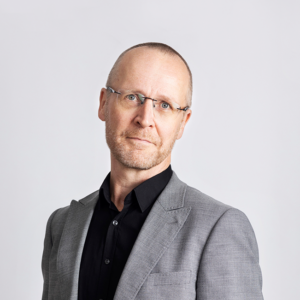The end of the Cold War did not bring with it the end of history. Despite Russia’s brief retreat
from the world stage, the country has recently bounced back with vengeance. The Russo-
Georgian War, annexation of Crimea and mobilization in the Middle East have eroded Europe’s
post-Cold War security order. Russia’s more assertive presence is also reflected in its approach
to global governance. Russia uses multilateral institutions to further its objective of creating a
multipolar world with a more prominent role for itself. Moscow seeks to undermine the Western-led
international order by exploiting its divisions and by prioritizing state sovereignty over liberal
institutions and human rights. Russia is likely to chip away at the liberal, rules-based international
system and reshape the global order to better suit its interests.
How does Russia’s long-standing drive towards multi-polarity impact its approach to multilateral
international institutions, such as OSCE and the United Nations? How are Russia and China
shaping the agendas of multilateral institutions as the Western leadership falters? How does Russia
exert its influence in these organizations to limit the scope for Western action on key security or
humanitarian issues? What implications does Russia’s approach to global governance have for
Finland, Europe, and the trans-Atlantic Community?







